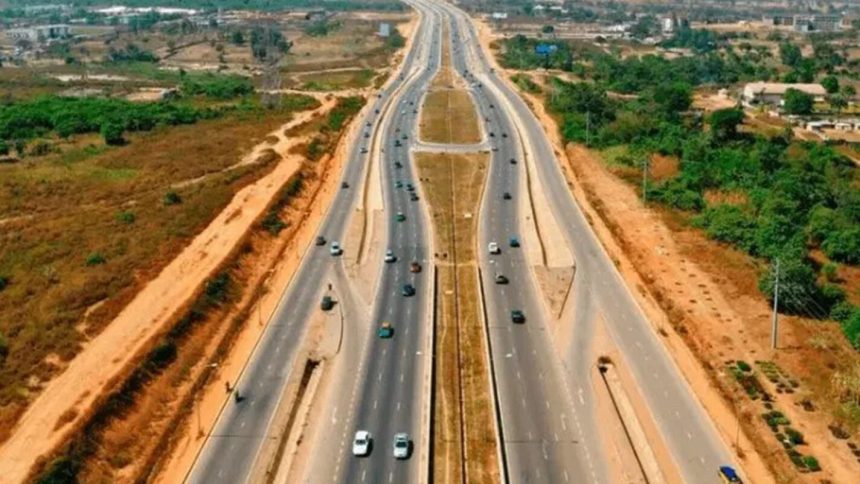The Federal Government has confirmed that about 700 houses will be demolished to make way for the Lagos-Calabar Coastal Highway.
The Lagos State Controller of Works, Mrs Olukorede Kesha, shared this update during a meeting with stakeholders about the progress of the road project.
According to her, this figure is lower than expected, as early estimates showed that over 1,500 properties might be affected.
“Instead of having to demolish about 1,500 houses, we took the most economical route. Now we are left with less than 700 houses to be demolished,” Kesha said.
She explained that the government considered different options to reduce the number of people and properties affected by the project.
“A lot of people complained about set alignments, but they are not duty-bound to follow any alignment. It was set aside when somebody else was to do it, but now that it’s the Federal Government, we have to look at the most feasible, most economical route,” she added.
The first section of the highway, which measures 47.4 kilometres, has already been awarded.
Also speaking at the event, the Minister of Works, David Umahi, said the road will transform Nigeria’s transportation system and also help the country earn carbon credits because of its environmentally friendly design.
“This project is going to evacuate all the traffic out of the town, and that will be a big plus for us. We are not only building for today. We are also building for tomorrow,” Umahi said.
He revealed that the highway will include a rail line at the centre of the road, with a 12-metre gap, and that train stations and other facilities will be built along some parts of the road.
Umahi also spoke on challenges faced in Section Two of the project, especially near the Dangote refinery. He said a flyover is being built to handle the heavy movement of trucks.
“We are now building a flyover that has a span of 60 metres. And then the next span is 41.6 metres… So, we are flying over Dangote’s refinery, Dangote’s fertilizer, and some other conflict points,” he stated.
On future expansion, the minister said work has already started in Cross River and Akwa Ibom, and more construction will be flagged off soon.
He also gave updates on other projects, including the Sokoto-Badagry highway, which faces difficulties because of rivers along the route. He said about three kilometres of rivers will need serious work and four different options have been planned to manage the cost and challenges.
Speaking on all the legacy projects, Umahi assured Nigerians that no region is being left behind.
“The third legacy project is the one that is coming from Calabar, going through Ebonyi, Enugu, Benue, Nasarawa, Kogi, and Abuja,” he said. “The fourth legacy project goes from Abuja to Makurdi, Keffi, Akwanga, Jos, Bauchi, and Gombe. The four legacy projects are all connected together.”
The minister also warned Nigerians to respect government infrastructure and not misuse them.











